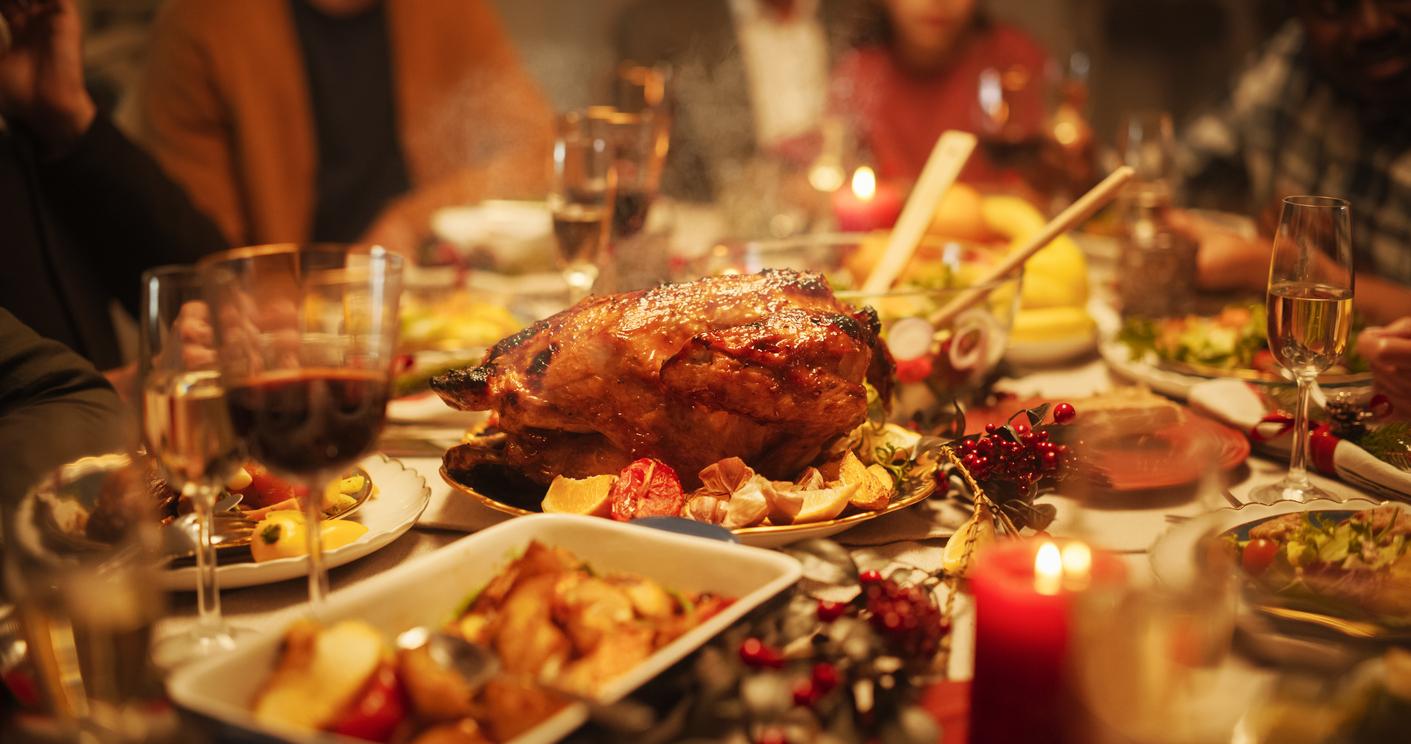Freezing, cooking, washing food and surfaces… To avoid getting sick during holiday meals, there are a few rules to follow.

- Before handling food, always wash your hands thoroughly.
- The center of the turkey must reach 74°C to eliminate bacteria.
- Frail, elderly people and pregnant women should avoid eating soft cheese.
D-1 before Christmas Eve and the holiday meal. Turkey, foie gras, oysters… The dishes are generally good and plentiful but, so that this period is not spoiled by food poisoning, some hygiene advice should be followed.
Beware of raw fish during festive meals
Raw fish such as sashimi must be frozen for at least 24 hours and a week at -20°C to kill any parasites they may contain. In addition, all seafood, regardless of its preparation, is also susceptible to the bacteria. Listeria monocytogenes, causes listeriosis, a serious, foodborne infection that can lead to septicemia (blood infection) or central nervous system infection, depending on the‘Pastor Institute.
Therefore, always wash your hands and surfaces before and after preparing seafood. Also, do not leave your seafood at room temperature for too long. They must be taken out of the fridge to be eaten, can stay out for up to two hours, then must return to the fridge.
Raw oysters can carry the bacteria Vibrio vulnificus, which can lead to sepsis. Putting hot tabasco sauce, hot chili sauce, lemon juice on your oysters can kill some germs. Also make sure to buy them from a producer who respects hygiene standards.
Cooking meat is important to avoid getting sick
As for meats, some can be problematic. Turkey can, for example, contain enterobacteria of the genus Salmonella, transmitted to humans through contaminated food. These can be the cause of gastroenteritis and of typhoid and paratyphoid fevers. To destroy bacteria that may be present in meat, it must be cooked thoroughly. The center of the turkey should reach 74°C.
Camembert, brie, blue… After the main course and before dessert, there is often a cheese platter. But they can carry the bacteria Listeria monocytogenes. People most at risk (pregnant women, elderly or immunocompromised people) should avoid eating soft cheeses. For the others, be sure not to leave them at room temperature for too long and refrigerate them within two hours of removing them from the refrigerator.
Finally, whatever you prepare, it is essential to always wash your hands – and surfaces – well before and after handling food.

















